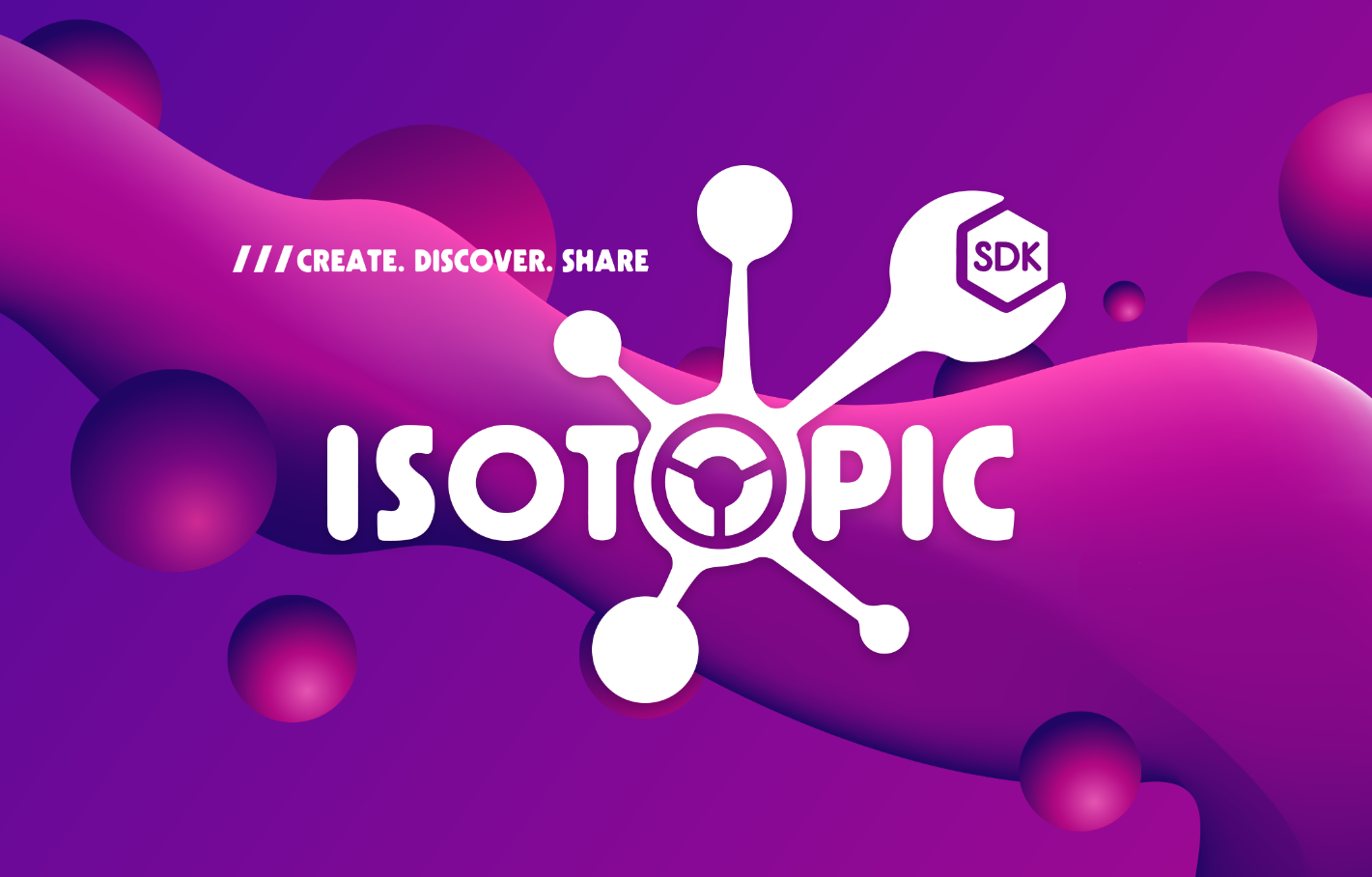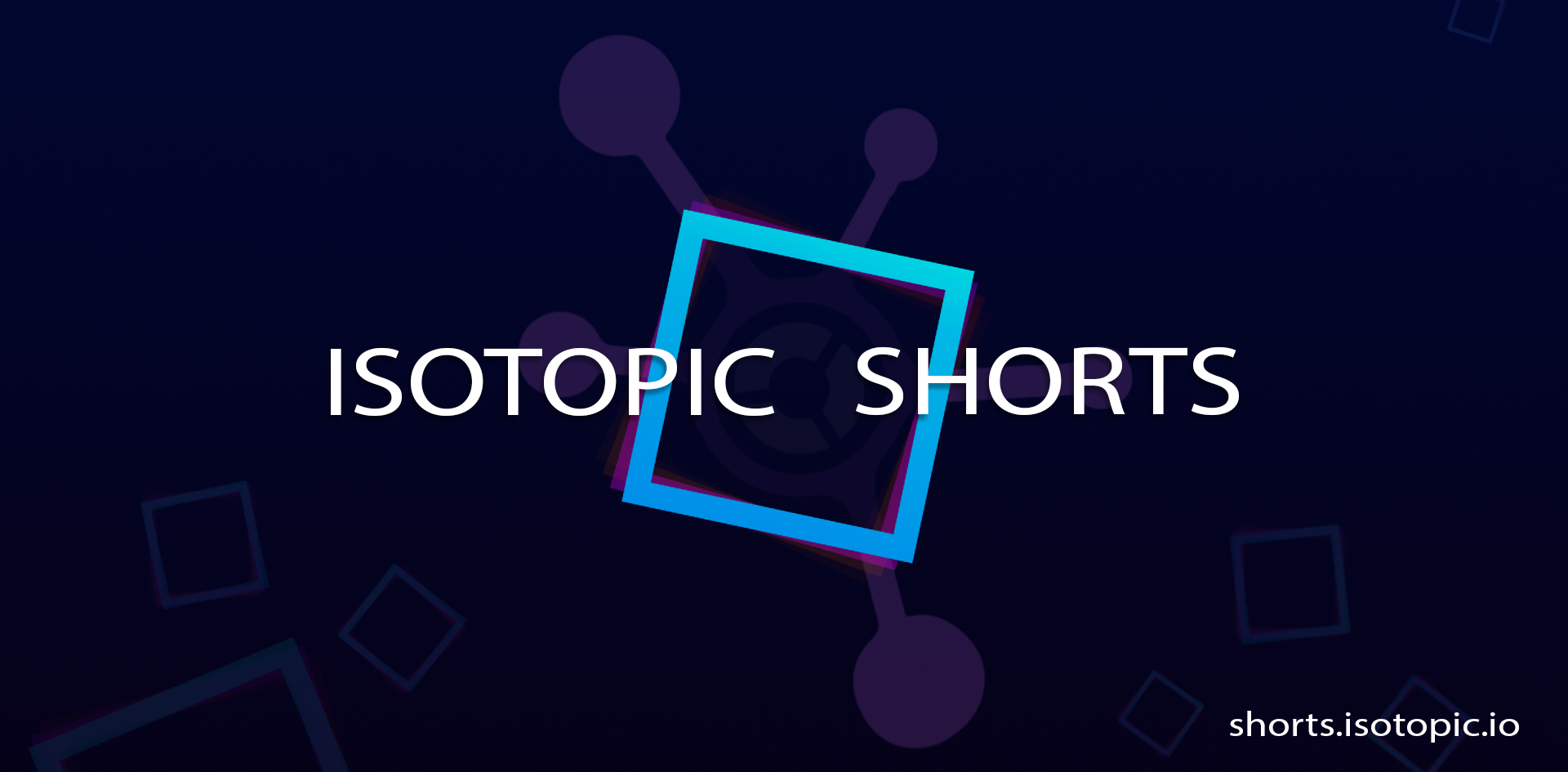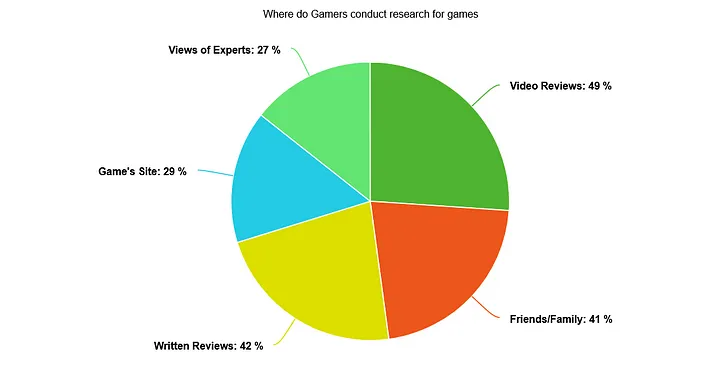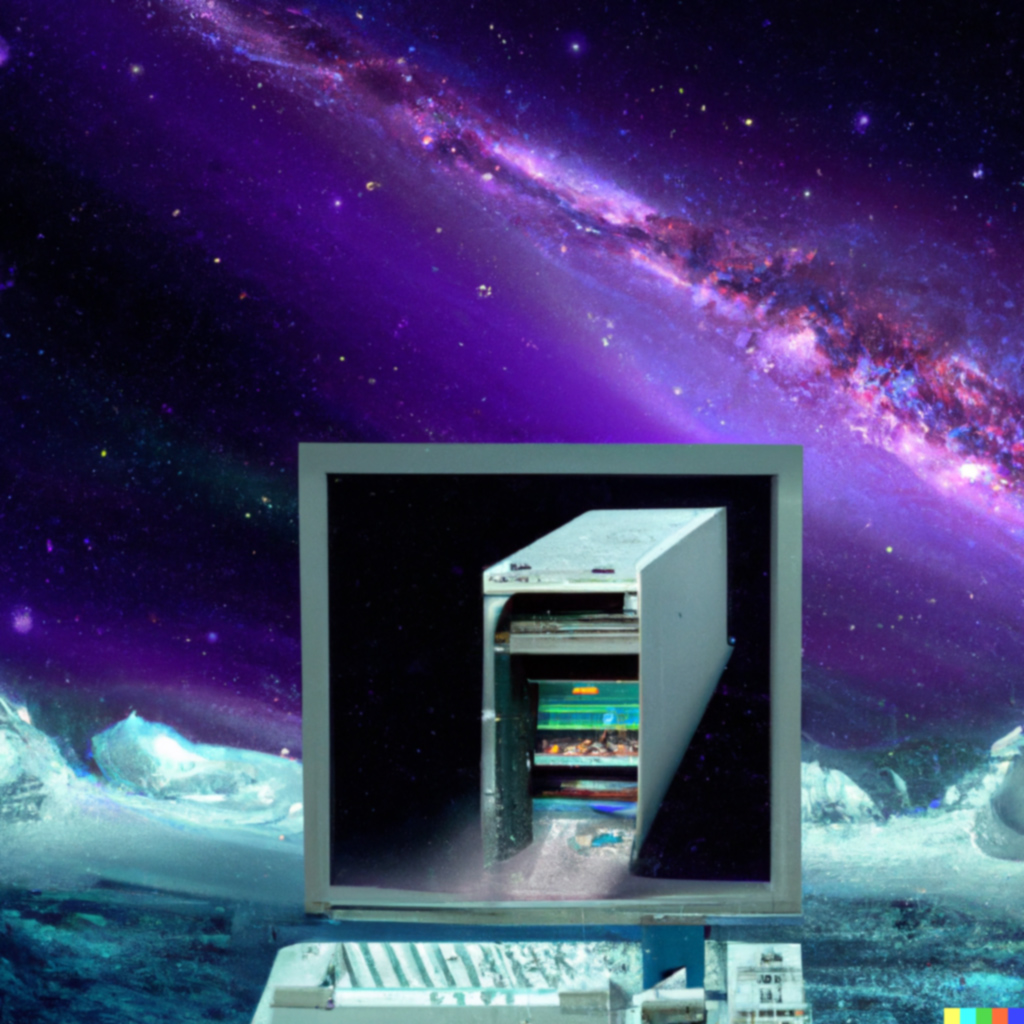
A Comprehensive Guide to Decentralized Applications
Decentralized applications (dApps) have been gaining popularity in recent years as more people recognize the potential of blockchain technology beyond cryptocurrency. Unlike traditional applications that rely on centralized servers and control, dApps operate on decentralized networks, allowing for greater transparency, security, and efficiency. However, like any technology, there are pros and cons to using dApps. In this guide, we will explore the advantages and disadvantages of decentralized applications and how they relate to modern web use cases.
Transparency & Security
One of the main advantages of dApps is their transparency. With a decentralized network, all transactions and operations are recorded on a public ledger, providing users with greater visibility into the workings of the application. This transparency also reduces the risk of fraud and manipulation, as the network operates on a consensus mechanism that requires the approval of multiple nodes before a transaction can be validated.
Another benefit of dApps is their security. With traditional applications, centralized servers are vulnerable to hacking and data breaches, which can lead to the loss of sensitive information or funds. Decentralized applications, on the other hand, distribute data across the network, making it much more difficult for hackers to compromise the system. Additionally, with the use of smart contracts, dApps can automate certain functions and reduce the risk of human error.
With the ability to create trustless systems, increase transparency, and enable new forms of collaboration, decentralized applications have the potential to transform industries and create new opportunities for innovation.
Scalability
However, there are also some drawbacks to using decentralized applications. One major issue is scalability. Scalability in blockchain refers to the ability of a blockchain network to handle an increasing number of transactions without compromising its performance or security. Blockchain scalability is a critical issue because as more users join a blockchain network, the number of transactions being processed also increases. This can lead to slower transaction processing times, higher transaction fees, and reduced network performance. Due to the nature of blockchain technology, dApps can struggle to handle large volumes of transactions, leading to slower transaction times and higher fees.
User adoption
Another challenge is user adoption. While decentralized applications have the potential to provide greater security and transparency, they can be difficult for non-technical users to navigate. This has been a barrier to mainstream adoption of dApps and prevents their application in a wide range of industries. Platforms like the Isotopic blockchain game platform, are working to create more user-friendly interfaces and experiences to make it easier for gamers to participate in blockchain-based gaming.
Isotopic has integrated decentralized applications into their platform, allowing developers to build and distribute their blockchain-based apps to a wider audience. With the Isotopic SDKs, developers can easily integrate NFTs and other blockchain elements into their games and connect to the Isotopic network. This provides a user-friendly approach for traditional game developers to enter the blockchain space without having to learn complex coding languages or understand the intricacies of the blockchain. By integrating dapps, Isotopic provides a seamless experience for both developers and users, making it easier to browse, buy, download and play games connected to the blockchain.
Despite these challenges, the potential of dApps and blockchain technology as a whole cannot be ignored. With the ability to create trustless systems, increase transparency, and enable new forms of collaboration, decentralized applications have the potential to transform industries and create new opportunities for innovation. As platforms like Isotopic continue to develop and refine their offerings, we can expect to see more mainstream adoption of dApps in the coming years.
In conclusion, while there are pros and cons to using decentralized applications, the benefits they offer in terms of transparency, security, and automation make them a promising technology for the future. With continued development and innovation, platforms like Isotopic have the potential to revolutionize industries and create new opportunities for collaboration and growth.
Find this and more of our articles on Medium, tell us what you think and share it with friends.
-Isotopic team
